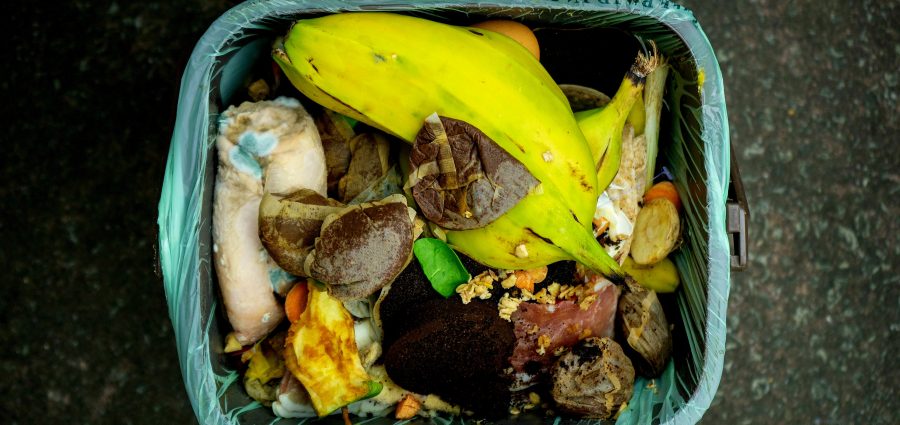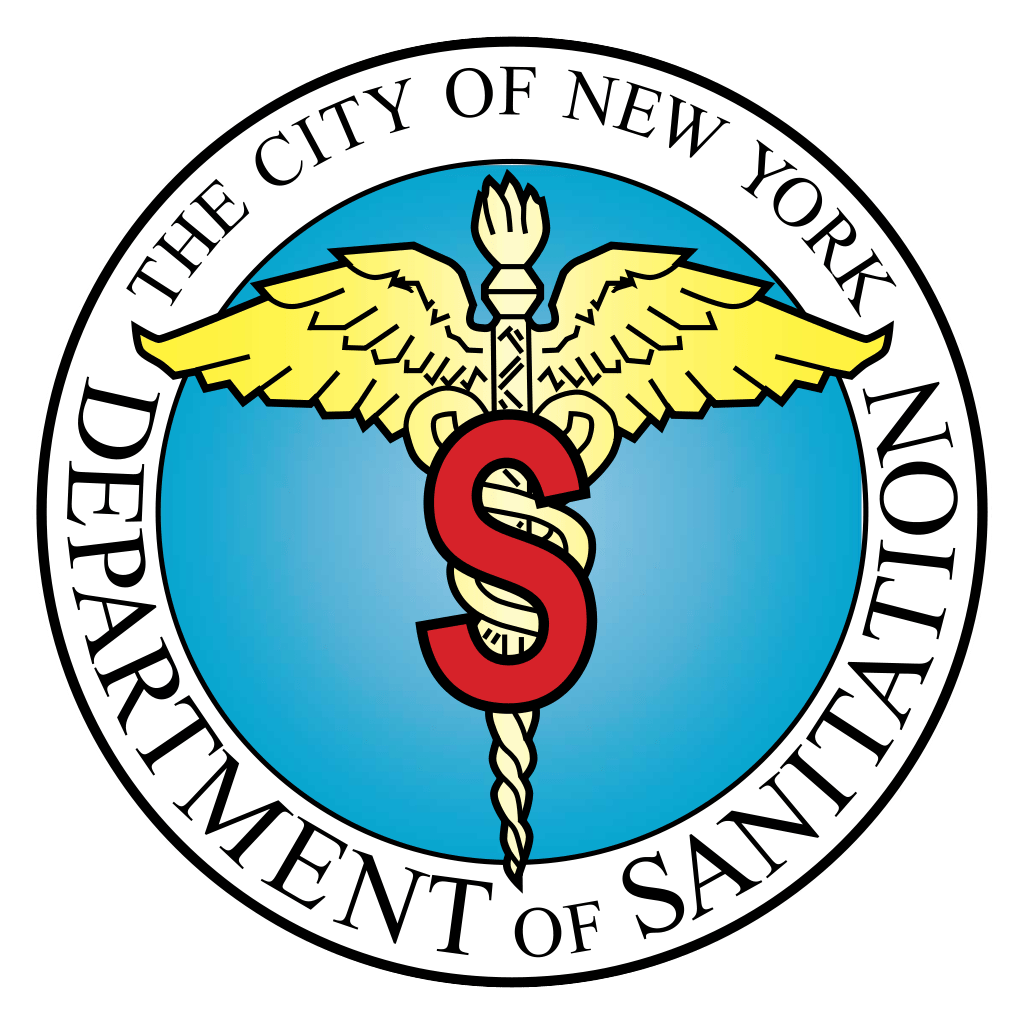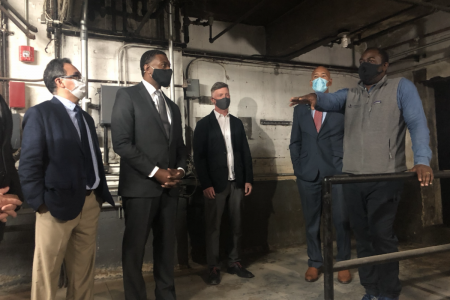The New York City Department of Sanitation is again reminding certain food-related businesses that enforcement of the Commercial Organics Requirements is set to begin July 31, 2022, the end of a two-year warning period extended due to the CoViD-19 pandemic.
All covered businesses are required to separate, and recycle, staff-handled “organic” waste, which includes all food scraps, fruit and plant stems, meat, bones, dairy products, plant trimmings, and food-soiled paper and certified compostable products. Note that organic material does not refer to food labeled “organic,” but rather all food products whether conventionally or organically-grown.
“While we extended the grace period for a year at the height of the pandemic, City life is back and we must now enforce this important law that will help keep our neighborhoods cleaner and greener,” said Sanitation Commissioner Jessica S. Tisch. “We all have a part to play in protecting our planet, and this is one way businesses can contribute.”
To comply with the law, businesses can arrange for collection of their “organic” material by a private carter, or transport the waste themselves, or manage it on-site using in-vessel composting, subject to registration with Sanitation and compliance with the City’s sewer discharge regulations.
Businesses Covered Under 2020 Rule Include:
- Food Service Establishments (such as restaurants, delis, coffee shops) having 7,000 to 14,999 square feet;
- Chain Food Service Establishments of 2 to 99 NYC locations with combined floor area 8,000 square feet or more;
- Food Service Establishments in Hotels having 100 to 149 guest rooms;
- Food Service Establishments with combined floor area 8,000 square feet or more in the same building or location;
- Retail food Stores (such as supermarkets and grocery stores) having 10,000 to 24,999 square feet;
- Chain Retail Food Stores of 3 or more NYC locations with combined floor area 10,000 square feet or more;
- Food Preparation Locations having 6,000 square feet or more;
- Catering Establishments hosting on-site events to be attended by more than 100 people;
- Temporary Public Events to be attended by more than 500 people.
The law began as a proposed rule announced in October 2019; this is the third group of food-related businesses required to separate their organic waste. In 2015 and 2017, the Department of Sanitation proposed rules designating a first and second set of businesses required to comply with commercial organics separation requirements according to Local Law 146 of 2013.
Previously covered food-related businesses include:
- food service establishments larger than 15,000 square feet;
- chain food service establishments with 100 or more locations in NYC
- retail food stores larger than 25,000 square feet;
- food service establishments in hotels with 150 or more rooms;
- arenas and stadiums with a seating capacity of at least 15,000 people;
- food manufacturers larger than 25,000 square feet;
- food wholesalers larger than 20,000 square feet.
Food scraps and other organic waste make up more than one-third of all commercial waste. Diverting this material from landfills – to be used as a natural soil amendment through composting or clean, renewable energy through anaerobic digestion – is a key component of the City’s goal of sending zero waste to landfills. In landfills, food scraps and other organic waste decompose and generate greenhouse gases, a major contributor to climate change.
Previously, covered business were sent notices in the mail, reminding them of the law and the beginning of enforcement. The Department also plans to resume direct outreach, by visiting businesses in person – activities that were put on hold during the height of the pandemic.
For more information on existing commercial organics separation requirements, please visit here or download business educational materials here.
.
About the New York City Department of Sanitation
The Department of Sanitation (DSNY) keeps New York City healthy, safe and clean by collecting, recycling and disposing of waste, cleaning streets and vacant lots, and clearing snow and ice. The Department operates 59 district garages and manages a fleet of more than 2,000 rear-loading collection trucks, 450 mechanical brooms and 705 salt spreaders. The Department clears litter, snow and ice from approximately 6,500 miles of City streets and removes debris from vacant lots as well as abandoned vehicles from City streets. The Department runs a portfolio of programs and facilities to help New Yorkers more sustainably manage waste.
.









